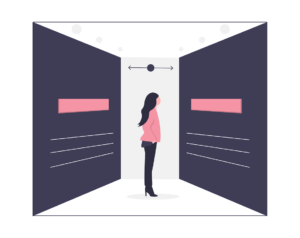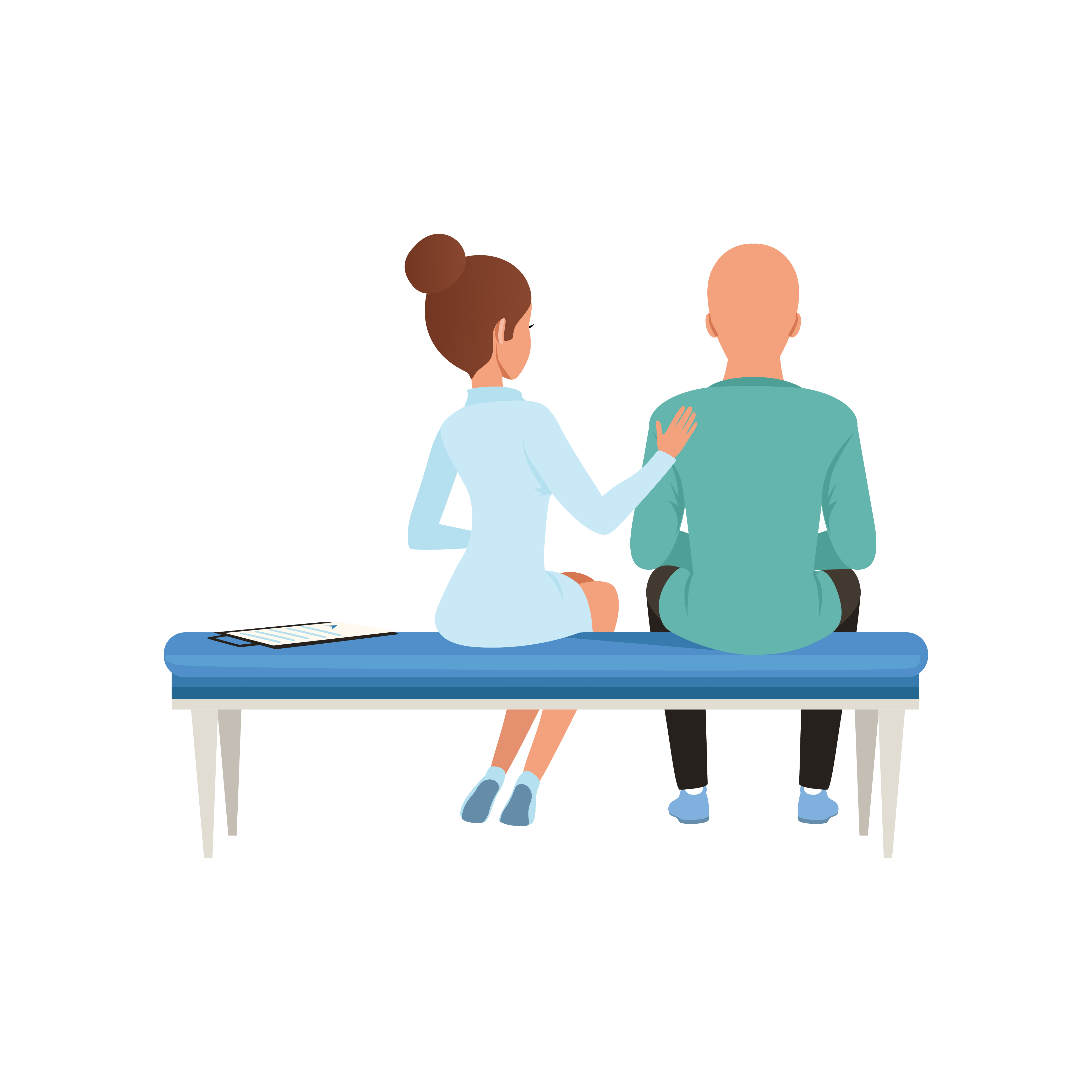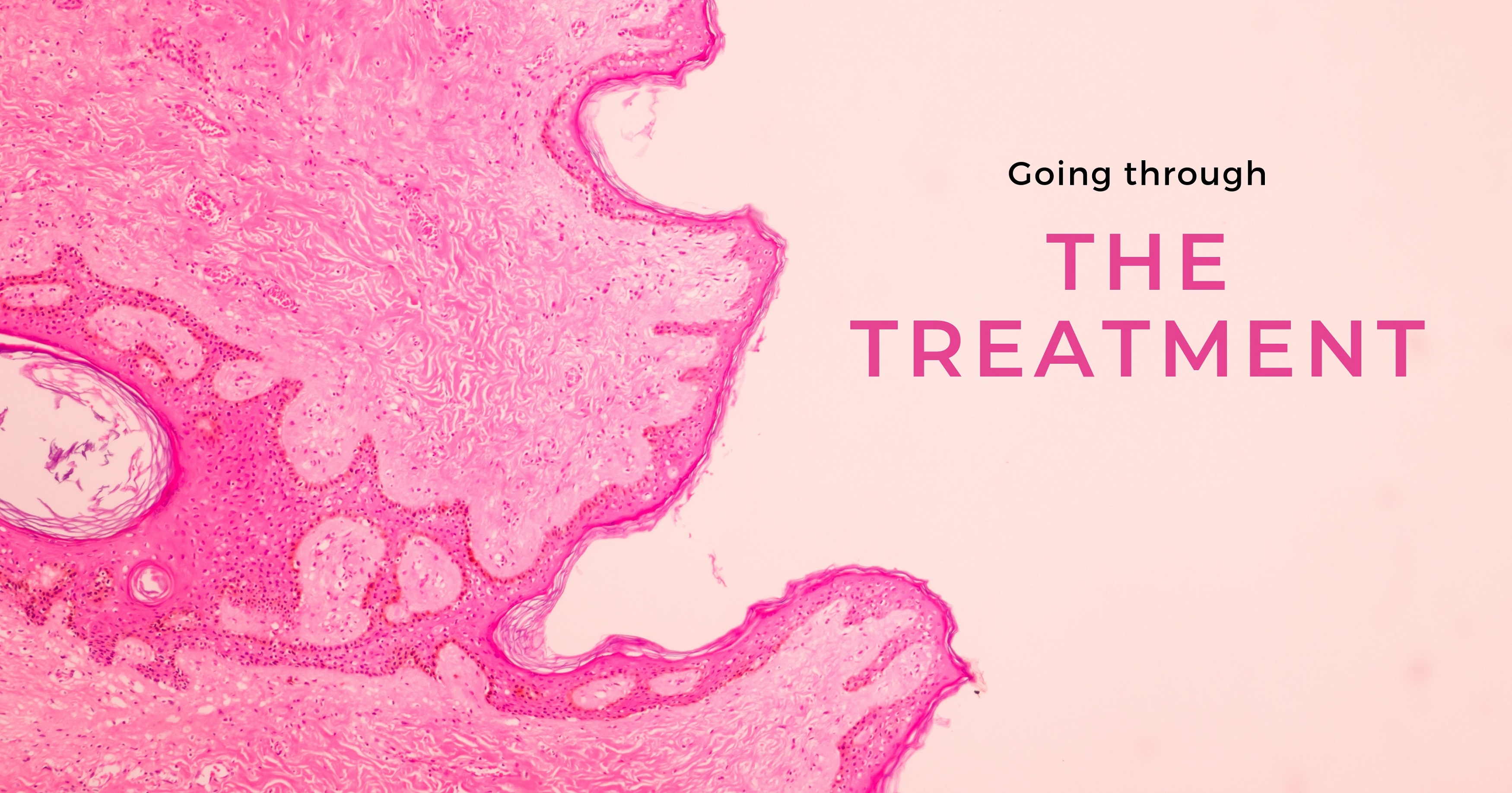Depending upon the type and severity of the cancer that has been diagnosed, the medical team from the hospital shall discuss treatment options with you. It is likely that the treatment is going to be expensive and extensive, so you should arrange for the finances and plan accordingly.
TYPES OF TREATMENTS

Before we discuss about the treatment, let us know the persons who will be a part of the treatment team. They consist of breast care nurses (Nurse who will give you information about breast cancer care and assist you), medical oncologists (cancer specialist), histo-pathologists (doctors who shall be determining the test results), chemotherapists, radiologists, physiotherapists and onco-surgeons (doctors who shall perform the surgery/ therapy). Depending on factors like how much the cancer has spread, the speed of growth, catalysts for it’s rapid growth etc. this team decides which kind of treatment should be suitable for you. Ideally, there would be a discussion and after due confirmation, the treatment shall be done.
It is natural to feel anxious or clueless about what the treatment team has been telling you. Do not panic. Read articles from credible sources or talk to people who have undergone a similar treatment. This will empower you with confidence to endure the treatment.
YOU MIGHT BE OFFERED ONE OR MORE OF THE FOLLOWING TREATMENTS
- Surgery — It involves an operation to remove the cancer cells with some or all of the breast tissue from the body, to reduce chances of it spreading into other parts of the body.
- Chemotherapy — Depending on the extent to which the cancer has spread, chemotherapy is given either before or after surgery. Chemotherapy uses anti cancer drugs to destroy cancer cells in order to eliminate and/or reduce chances of cancer reappearing in the body.
- Radiotherapy — Radiotherapy uses high energy radiation to destroy any cancer cells that may be left behind after surgery. It is usually followed by a period of hairloss, extreme fatigue and nausea.
- Hormone (endocrine) therapy — The female sex hormone oestrogen can stimulate some types of breast cancers to spread and accordingly interventions are advised.. Hormone therapy is most effective if the breast cancer is hormone receptor positive. This is done to block the effect of oestrogen to breast cancer.
- Targeted (biological) therapy — This targets and interferes with processes in the cells that cause cancer to grow. For instance the most widely used targeted therapy is Trastuzumab (Herceptin). This works against a particular kind of protein that promotes cancer cell growth.
- Bisphosphonates — Bisphosphonates are a group of drugs that can reduce the risk of breast cancer spreading in post-menopausal women.

MAKING CHOICES ABOUT THE TREATMENT?
You can decide on the level of involvement you want to exercise during the treatment. Some people decide to be extremely involved during the treatment. Some people are less involved and would rather leave the decision with the expert team.
You might have many questions in mind before the treatment. Note them down on a piece of paper so that you may ask your treatment team about them. Take your time to decide on the kind of treatment you would prefer, like some women prefer prophylactic double mastectomy even if the cancer hasn’t spread to their other breast, in order to reduce the risk of cancer cells coming back. Some women opt for mastectomy even if there is a lump. Some opt for breast conservation/reconstruction surgery. These all choices are subjective decisions and you must take out some time, but not procrastinate, to think and move forward accordingly.
If you are confused about whether you should take the treatment at all, whether you would be able to cope up with the treatment, seek advice from a counsellor who can help you during these difficult times.

WHAT HAPPENS AFTER MY TREATMENT?
It is quite difficult to endure the treatment times. It will perhaps traumatise you, change your physical appearance drastically and leave you worried about your parents, partner or children. But you would be asked for regular follow ups for due course of time. It is suggested that you attend them religiously. Taking care of yourself is as important as taking care of others.

SIDE EFFECTS OF TREATMENT:
Side effects take place because while treating the cancer cells, a portion of the healthy body cells also get affected. Recent medical technologies have brought the amount to a bare minimum, but there will still be few side effects of treatment whose extent vary from patient to patient.
IMMEDIATE SIDE EFFECTS:
- Skin Reactions — Depending on the dose and duration of radiotherapy, the allergens might get triggered. Skin reactions usually start happening within 10-14 days of the treatment. This can be painful. Be very caring towards your skin during the treatment. Use moisturizers regularly after shower and avoid exposure to the Sun. The skin reaction should ideally heal within three to four weeks after radiation therapy has been stopped.
- Hair loss in the armpit/ chest area — Radiotherapy will make the armpit hair fall off. This happens equally for men and women. This hair may take several years to grow back. Sometimes hair loss due to radiotherapy is not reversed at all.
- Tiredness and fatigue — Regular visits to and fro hospital can be tiring in itself; but in due course of treatment you will find yourself extremely fatigued. It can remain for months after the treatment when you will feel very tired even after proper sleep and rest. This is due to the inherent weakness that the therapy causes to your body.
DELAYED SIDE EFFECTS:
You can undergo menopausal symptoms, prolonged fatigue and permanent hair loss.

COPING UP WITH THE TREATMENT AND SIDE EFFECTS
Cancer treatment is more often, very rigorous and gruelling. It will affect you physically and emotionally. Same is true for someone undergoing breast cancer treatment.
In order to get along with the flow of normal life, allow yourself plenty of time and care. You may feel fatigued, or not able to do the daily chores for a significant number of days but trust yourself and never lose confidence. You are not alone, 1 in 28 women are likely to develop breast cancer during their lifetime as per the data from international and national cancer population-based registries.
You may take help from Breast Cancer Support Groups, speak to someone who has undergone breast cancer treatment and been back to life, or join email/ social media groups working on the same. You may like to speak to the expert team of Aarna Biomedical Products to guide you during this time as well.
You may also want to delve yourself in a hobby, spend some time with your family, pets, close friends and relatives to feel better. Keep yourself up to date with the latest findings on breast cancer if you want. Share your experiences with others or write them down somewhere, you never know this can be very enlightening for someone else who would look at you for support!
